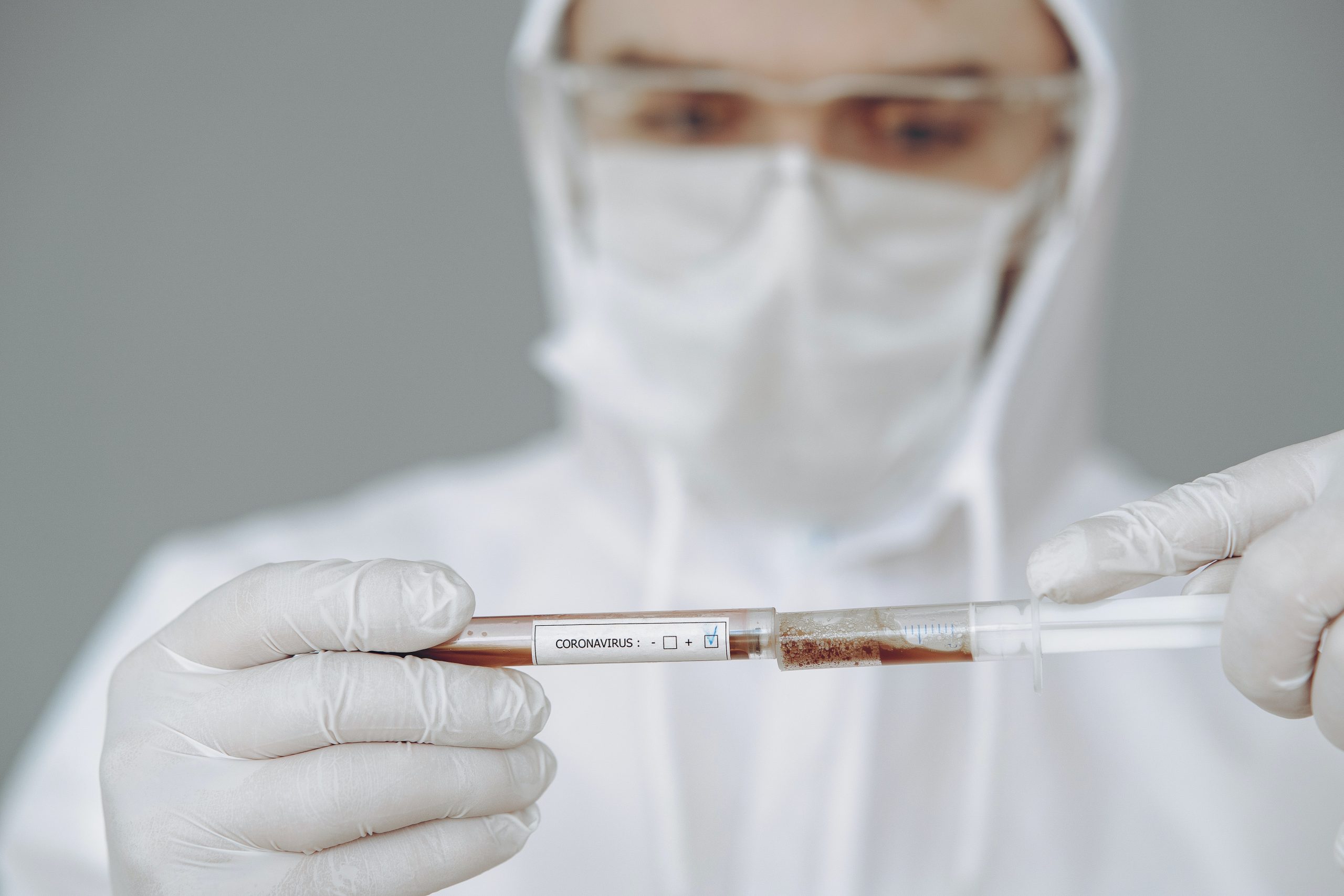
Scientists wrote an open letter questioning data on Sputnik V coronavirus vaccine, saying it was incomplete and presented “unlikely patterns.”
A group of scientists became critical of the reliability of data issued by Russia on early clinical trials of the Sputnik V coronavirus vaccine.
In an open letter to the editor of The Lancet medical journal, the scientists emphasized that the data cannot produce reliable conclusions.
They explained that the findings showed that respondents had reported similar antibody levels at different points in the study. The letter consists of 27 signatories so far, most of which are scientists based in Europe, the US, and Asia.
“There are several data patterns which appear repeatedly for the reported experiments,” the open letter said. “On the ground of simple probabilistic evaluations, the fact of observing so many data points preserved among different experiments is highly unlikely.”
The scientists were worried about the lack of original numerical data published in The Lancet, stressing that “no conclusions can be definitively drawn on the reliability of the data presented, especially regarding the apparent duplications detected.”
“While potentially of great interest, the research described in the article published by Lancet presents several different points of concern,” Enrico Bucci, a professor at Temple University in the US, wrote in a separate blog post. Bucci was one of the original authors and signatories of the open letter to the editor of The Lancet.
Full access to the data
In an interview with CNBC, Bucci said that “as a group of scientists, we think that the data published are far from complete.”
“At this point, I need an explanation and we need clarification, the list of signatories need and ask for clarification ... The point here (is that there’s) missing data, and strange data patterns. We cannot reach a conclusion on this vaccine without having full access to the data.”
Denis Logunov, a deputy director at the Gamaleya Institute, published a statement in which he said “the published results are authentic and accurate and were examined by five reviewers at The Lancet.”
Bucci pointed out that the lack of sufficient data was “the product of the rush to get important things published,” adding that “all over the world, there is undue pressure on scientists, and on clinicians, to hand over what they’re doing before they’re ready.”
He added that a part of the study appeared to have come up with different immune cells producing identical responses in a group of individuals. “There are two different kinds of immune cells, CD4 and CD8, and nine out of nine are exactly or very similar values for CD4 and CD8 cells. These are completely unrelated cells, how can it be that you have nine people that have exactly the same number of CD4 and CD8?”
Bucci noted that The Lancet had now asked the Russian authors to address the concerns made by the signatories.
The Sputnik V coronavirus vaccine was given regulatory approval by Moscow in August. It is considered the first in the world to have the green light amidst concerns among health officials.






